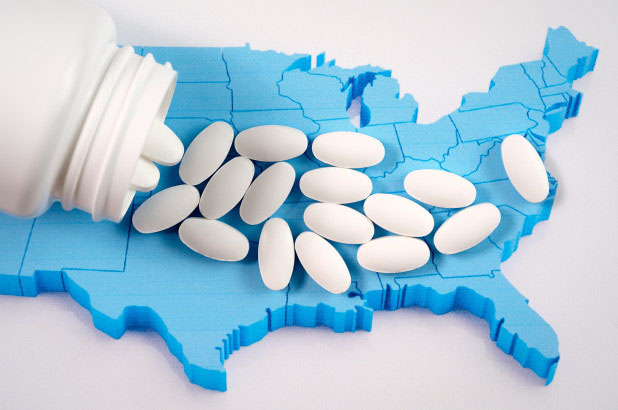MORGANTOWN — The State Opioid Response Program, through which the state’s transit systems provide free transportation for individuals seeking treatment of opioid use disorder, has been an overwhelming success.
The need for the service is so great, in fact, that Mountain Line CEO Dave Bruffy fears it’s not sustainable as currently structured.
Mountain Line provided its first SOR trip in March 2020. In the 26 months since, 11,060 trips have been provided.
As word of the program continues to spread, the numbers are trending up. Last May, Mountain Line provided 579 SOR trips. That number climbed to 718 in January, 865 in February, 1,065 in March, 1,072 in April and 986 last month.
The issue, as it often is, is funding.
The program is a grant-funded initiative of the Substance Abuse Mental Health Services and the West Virginia Public Transportation Association working through the West Virginia Department of Health and Human Resources.
Transit systems are reimbursed at their fully allocated hourly cost to provide the scheduled SOR rides, regardless of whether or not the rider even shows up.
As of last July, that rate was $74.14 an hour for Mountain Line.
In its first full year offering the program — fiscal year 2020-21 — Mountain Line anticipated receiving about $15,000 in reimbursements. It received nearly $130,000 for just over 3,200 rides.
“I think in the long term, the SOR program is going to have financial problems. It’s not sustainable at this growth rate,” Bruffy told members of the Mountain Line’s Board of Directors. “We’ve been asked by the state’s SOR coordinator to try to help them in any way with cost savings.”
Bruffy said the transit system is asking folks who live on regular bus routes and have the means to pay the 75 cent fare each way to use those routes, if possible.
He said other suggestions, including providing 30-day passes to individuals using the service, were denied by the state despite a substantial potential savings to the program.
“The state rejected that, in their wisdom … They said they would do a 30-day pass, but we’d have to be able to tell them everywhere they went on the bus, which we can’t. We can’t track people using a pass,” Bruffy said. “That’s typical of what you hear from DHHS on any kind of program.”
He compared the situation to regulations that govern non-emergency medical transportation, explaining that funding will only cover trips to and from the doctor and the reimbursement is lost if a stop is made at the grocery store or the pharmacy — regardless of doctor’s orders.
“It’s the same kind of mentality. I’ve been working on this for 15 years. It’s a national issue,” Bruffy said. “That’s just the way it works. It’s stovepipe thinking. It makes no sense.”
Additional information about the SOR program is available at busride.org and dhhr.wv.gov.
TWEET @DominionPostWV




